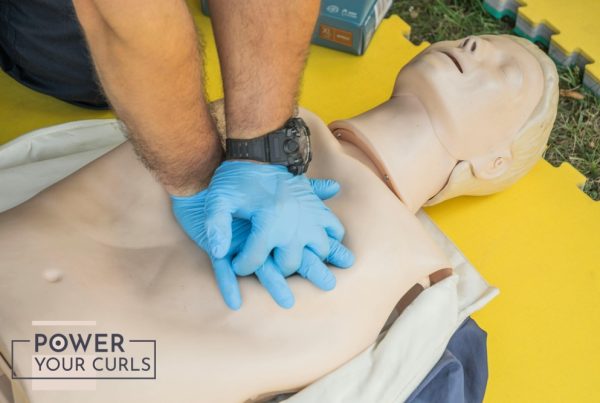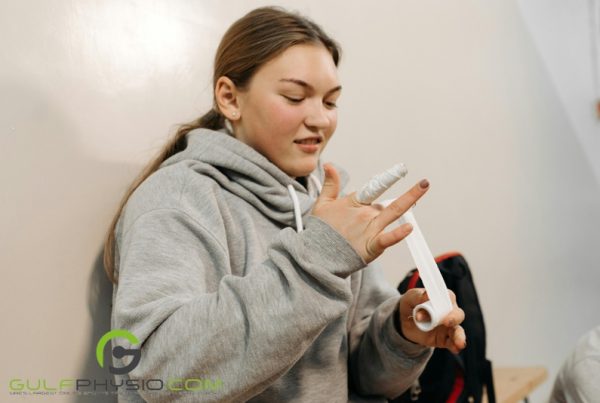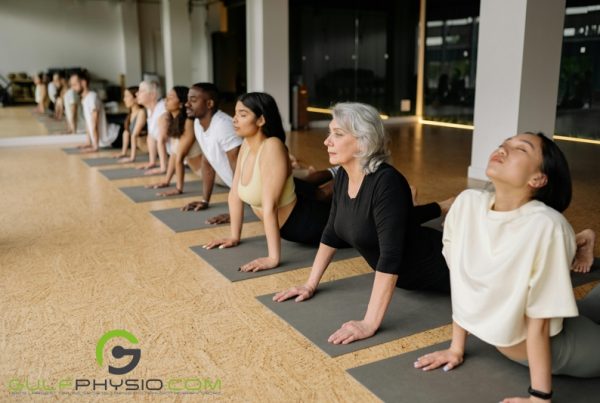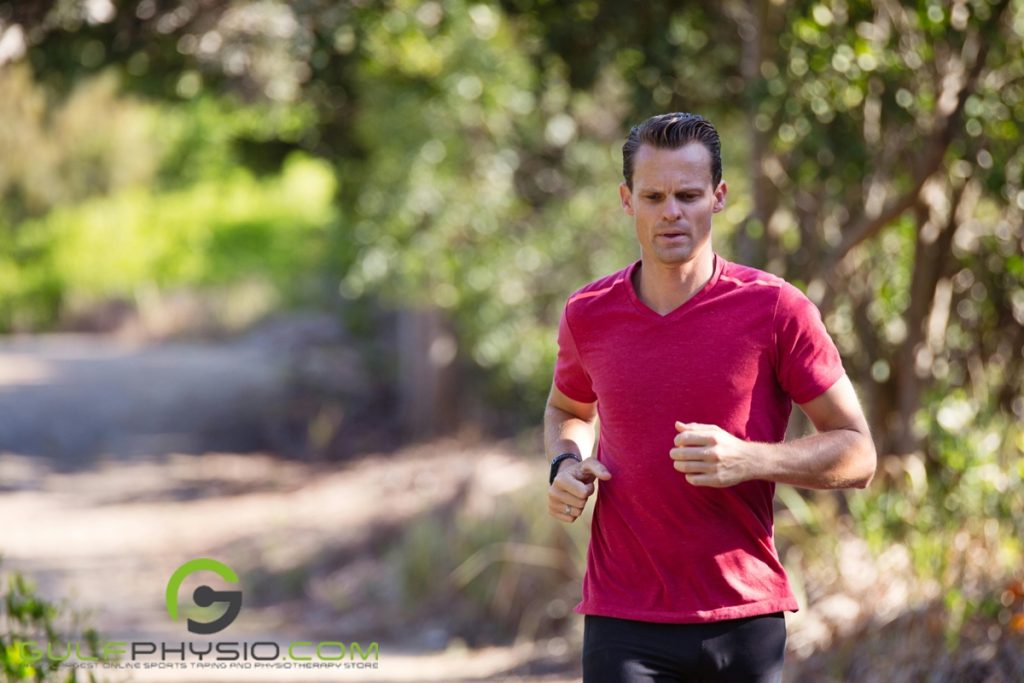
Your health should be your top priority. To continue your health journey, you shouldn’t just focus on your diet. It’s time to get active. Add as much exercise as possible to your weekly regimen.
If you still need convincing, here are the top eleven (11) benefits of physical activity. We’ll start with the kind of physical activity you can begin with. Happy exercising!
What Kind of Physical Activity Do You Need?

Typical adults can handle a moderate amount of physical activity a week. Two and a half (2 ½) hours a week is the lowest threshold you need. It’s best to start small, with short runs and a bit of cardio. Ideally, the exercises you should focus on are moderate to vigorous aerobic activity and strength training.
The Eleven (11) Life-Changing Benefits of Physical Activity
Reclaim Better Quality Sleep

Are you struggling to get some shuteye? Maybe you need a bit of exercise to help you along. Physical activity revamps your sleep quality by deepening it. Even a quick 30-minute session can make you fall asleep faster that evening.
As much as physical activity helps your sleep cycles, mind your timing. You might be too energized if you exercise close to your bedtime. Consider doing it earlier in the day.
Enhance Your Everyday Mood

After a stressful day at work or school, you need an emotional boost. Take a quick walk or go to your local gym if you can. Physical activity can help you relax by increasing serotonin and dopamine, the happy brain chemicals.
Having a regular exercise routine could even improve your self-esteem. An active lifestyle helps with your confidence about your appearance over time.
Improve Your Memory and Brain Health

Your brain will thank you even after just one exercise session. Regular physical activity is the best for your brain health overall. Physical activity can improve cognition and lessen symptoms of short-term anxiety for children and adults respectively.
It contributes to brain volume, specifically areas related to judgement, learning, and overall thinking. This will be more apparent after six (6) months of consistent physical activity.
Complete Everyday Activities Without a Hitch
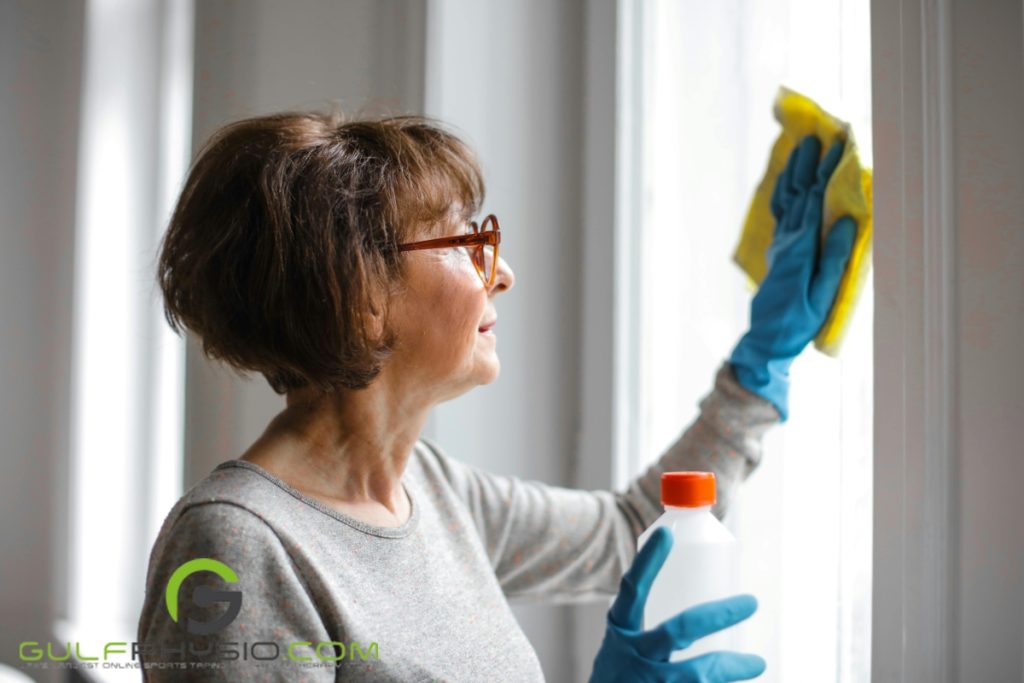
Tasks like cleaning your home, grocery shopping, and the like are everyday activities. The inability to perform said activities is called functional limitation. We are more susceptible to functional limitations as we age.
More active people have a lesser chance of developing functional limitations. Physical activity can also decrease falling and other injury-related risks. Consider including exercises such as aerobics and balance activities in your daily routine.
Keep Your Skin Healthy

A review in 2021 shows that regular exercise can suppress psoriasis and the physical appearance of skin ageing. Moderate physical activity can ease the oxidative stress that affects your skin caused by free radicals.
Give aerobics a go to lessen the structural cell damage to your skin. Aerobics is also responsible for better collagen production.
Aids With Weight Management
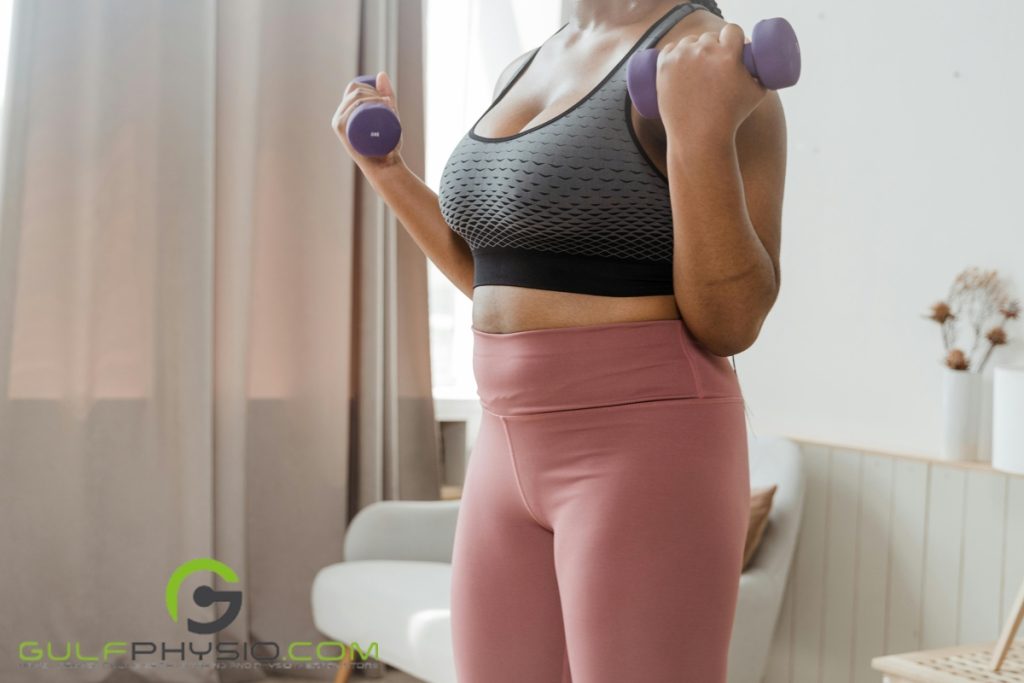
Apart from excessive calories in your diet, inactivity is also a contributor to disproportionate weight gain and possible obesity. Burn those excess calories and keep the extra weight off by getting a little exercise in.
Assuming you prefer to shed as much weight as possible, you might want to participate in higher-intensity activities. However, making time to go to the gym could be inconvenient. Try to add any extra physical activity to your routine. Instead of intensity, you need more consistency.
Enhance Your Energy Levels

Regular physical activity is your best friend when you want to keep up your endurance. Even if it’s just to help you through your day, you should be able to catch up.
Exercise helps your body run smoothly. It aids your cardiovascular system by distributing oxygen and other nutrients faster throughout your body. Your energy levels will rise when your lung and heart health is better.
Toughen up Muscles and Bones

Regular physical activity like weight training can help us gain and maintain muscle mass since it decreases as we mature. The same goes for bone density.
According to a recent review, regular exercise can significantly enhance bone density. It’s more prominent in the hip and neck bones, plus the lumbar spine. It could even prevent osteoporosis.
Decrease Various Health Risks
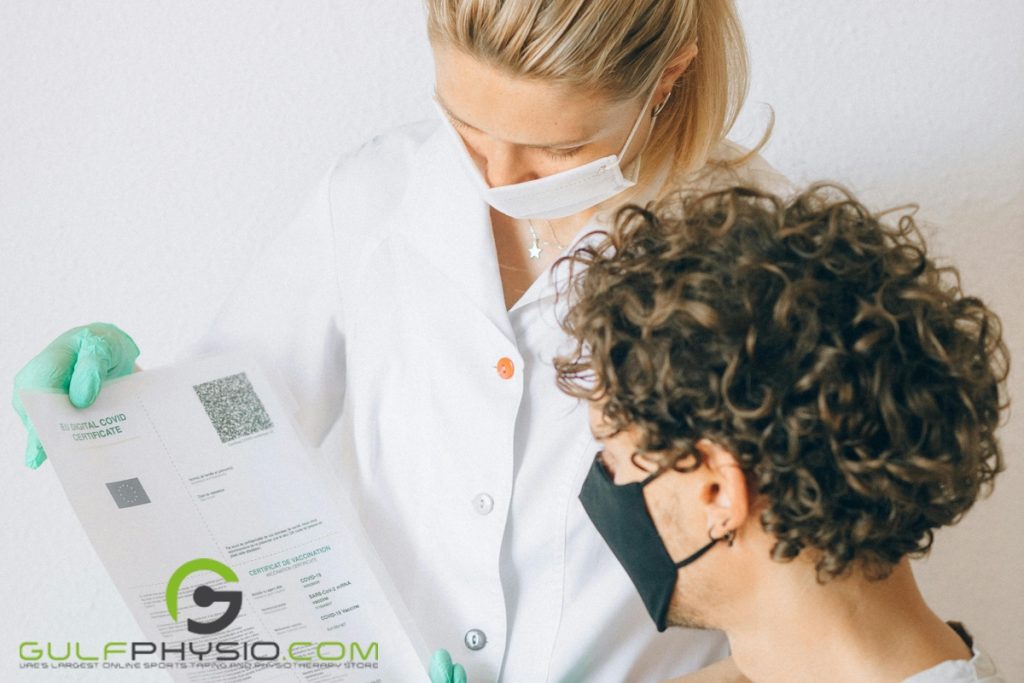
Contagious Diseases
Regular exercise can reduce the detrimental outcomes of infectious diseases such as the flu, pneumonia, and COVID-19. For instance, more physically active people are more likely to recover from pneumonia and flu. They’re also more likely to recover with fewer hospitalizations and deaths if they get sick with COVID-19.
Heart Disease
Elevated blood pressure and cholesterol levels are linked to heart disease. Regular physical activity can help you regulate them. You’re at a lower risk of cardiovascular disease if you get at least 150 minutes of weekly physical activity. The risk further lowers as you add more moderate exercise to your weekly regimen.
Metabolic Syndrome and Diabetes
Metabolic syndrome is a blend of the conditions below that are associated with health risks, including diabetes:
- Excess fat around the waist
- High blood sugar
- High triglycerides
- High blood pressure
- Low HDL (high-density lipoproteins) cholesterol
A 150-minute weekly schedule of moderate physical activity can decrease the risk of developing metabolic syndrome and type 2 diabetes.
Various Cancers
Active people who purposefully exercise regularly have a reduced risk of developing the following cancers in their system:
- Breast Cancer
- Stomach (Gastric) Cancer
- Kidney (Renal Cell) Cancer
- Endometrial Cancer
- Bladder Cancer
- Esophageal Cancer
- Colon Cancer
Manage Chronic Disabilities and Other Health Conditions

Individuals with one or more disabilities are characterized by one or all of the following difficulties in their lives. Please note that it still depends on your own country’s restrictions on the definition of disability and so on:
- Serious difficulty seeing or blindness
- Serious difficulty hearing or deafness
- Serious difficulty or the inability to walk or use the stairs
- Serious difficulty remembering, concentrating, making decisions, etc.
- Difficulty bathing or dressing
- Difficulty doing errands by themselves
Physical activity does play a critical role in improving the well-being, health, and quality of life of people with disabilities.
Live Better and Longer
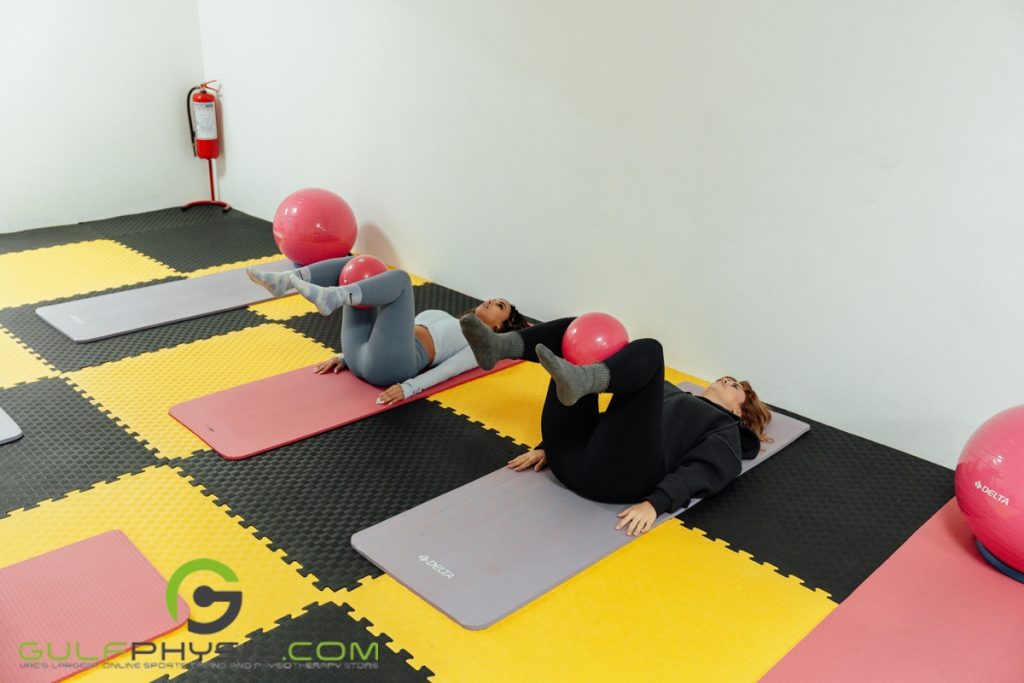
As of 2022, around 6.9% of deaths could be prevented with moderate-to-vigorous exercise per day.
Even just a quick ten (10) minute session can greatly impact your health in the long run. Increase your steps each day to reap the benefits of a longer life. Roughly, you need 8,000 to 10,000 steps if you’re under 60. For the 60 and above crowd, 6,000 to 8,000 steps is enough.

